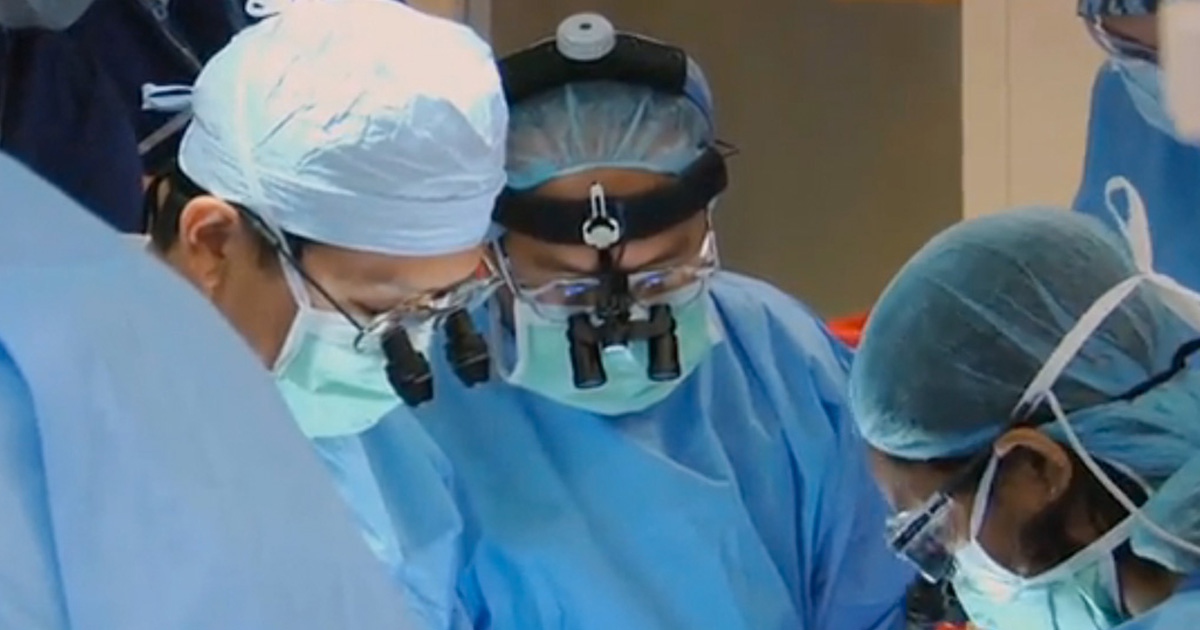A New Law Makes It Easier to Take Organs From the Deceased. Could It Save Lives?

By:
France has a new law for organ donations from deceased donors — and not everyone is happy about it.
 Stocksy/Mosuno - stocksy.com
Stocksy/Mosuno - stocksy.com
Instead of choosing to be an organ donor, like people in the United State do, consent in France is now presumed. That is, unless French citizens opt out in writing or on a registry, the state considers their organs eligible for donation. The law took effect on Jan. 1, according to The Guardian; so far 150,000 people have opted out.
This presumed consent law also ignores objections from family members. The Guardian reported that before this law, family members could object to an organ donation even if the person gave consent before their death. Previously, families blocked about two-thirds of donations.
In the European Union, Iceland, Turkey, and Norway, an average of 16 people a day die waiting for an organ transplant. As of 2014, 86,000 people were waiting for donations.
Americans are dying on waiting lists too.

On average, 22 people die everyday in the U.S. waiting for an organ transplant, according to the U.S. Department of Health and Human Services, and every 10 minutes someone else is added to the waiting list.
The organ shortage is even worse for black Americans, who are disproportionately represented on the waiting list. While just 13 percent of the population, black Americans made up 30 percent of the organ donation waiting list, according to the BBC.
Presumed consent laws may not help in the U.S., though.
 BigStockPhoto/Kasia Bialasiewicz - bigstockphoto.com
BigStockPhoto/Kasia Bialasiewicz - bigstockphoto.com
Some experts say the U.S. is already better at recovering organs from deceased donors than European countries with presumed consent laws.
“The recovery rate for deceased donors in the United States is actually better than that of European nations with presumed consent laws," Tom Mone, chief executive of OneLegacy, told The Washington Post in 2014. "The United States rigorously follows individual donor registrations whereas presumed consent countries actually defer to family objections.”
 Stocksy/Per Swantesson - stocksy.com
Stocksy/Per Swantesson - stocksy.com
The Washington Post's Keith Humphrey's noted that in the U.S. only 1 percent of the deceased are medically suitable to become donors, and of that group 75 percent are already donating. Increasing the number of living donors may be the more realistic option to end the organ shortage — and that leads to controversial conversations about incentives. It is currently illegal to give incentives to living donors, but some advocates think the U.S. government should offer them tax breaks or tuition vouchers.
Dr. Sally Satel from the American Enterprise Institute told the Post it's possible to give incentives for living donations without creating an "organ sale" market that only benefits the rich.
"No organ 'sales' and no large lump sum of cash to donors," she told the Post in 2014. "Those of us who want to test the power of incentives to increase the number of people receiving kidney transplants – and it is a rich network of transplant surgeons, nephrologists, legal scholars, economists, and bioethicists – envision a system where every needy patient, not just the financially well-off, can benefit."
